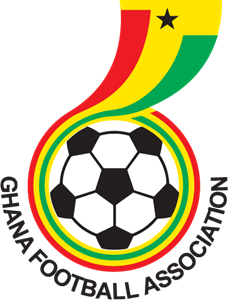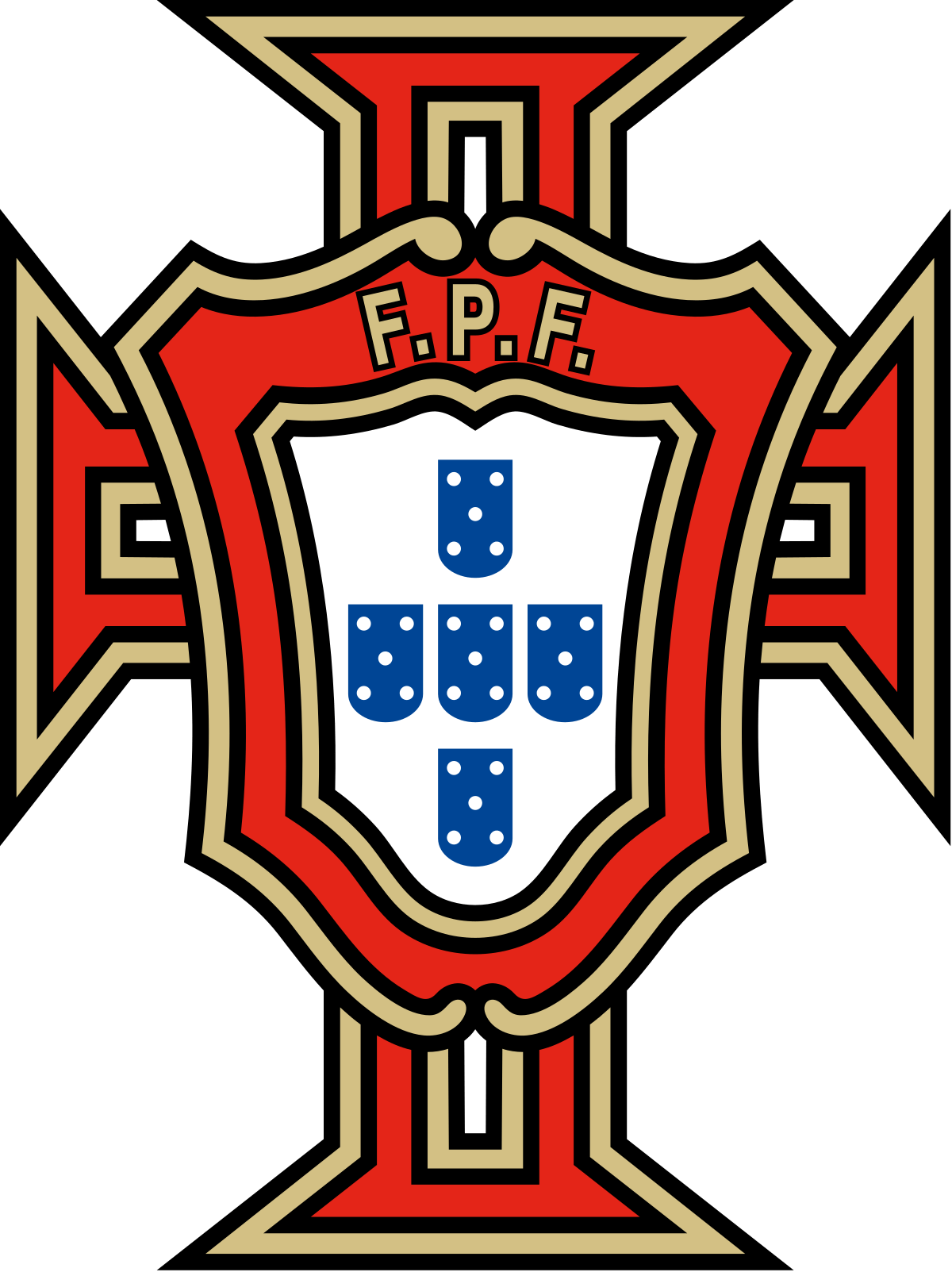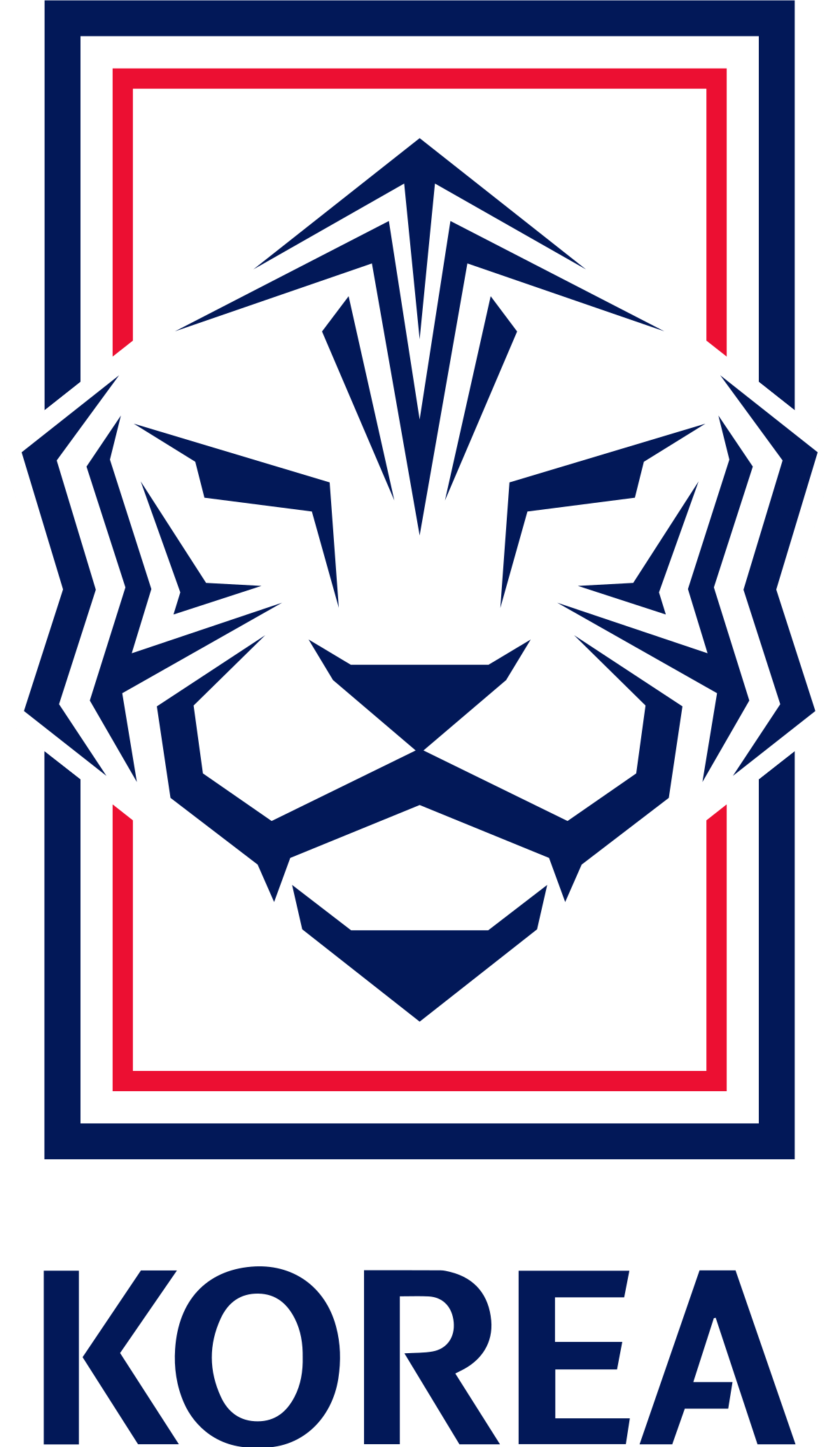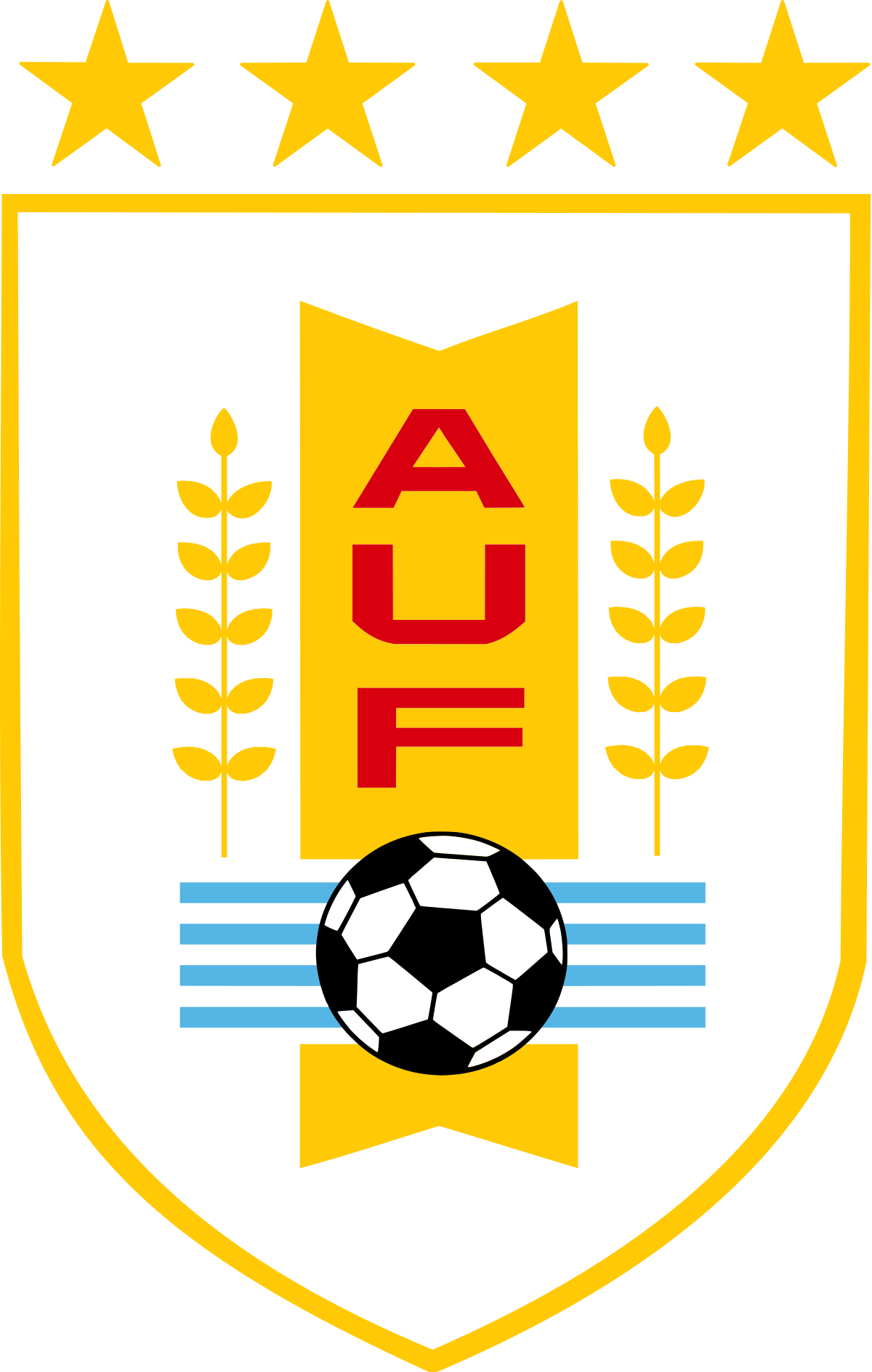
Ghana (Black Stars)
Quarter Finalists: 1 (2010)
Round of 16: 1 (2006)
Group Stage: 1 (2014)
Current FIFA Ranking: 21
Thomas Partey
Read More
Mohammed Kudus
Read More
Iñaki Williams
Read More
Otto Addo
Read More
Group H Schedule
Game 1 – Thursday 24th November 2022

Portugal
19:00 Qatar Time/16:00 GMT
Stadium 974, Doha
Game 2 – Monday 28th November 2022

South Korea
1:00 Qatar Time/13:00 GMT
Education City Stadium, Al Rayyan
Game 3 – Friday 2nd December 2022

Uruguay
18:00 Qatar Time/15:00 GMT
Al Janoub Stadium, Al Wakrah
Notable Honours
In addition to reaching the quarter-finals of the 2010 World Cup, Ghana have reached the final of the Africa Cup of Nations on nine occasions, winning four of them (1963, 1965, 1978 and 1982).
Beginnings – the Black Stars of Africa and Their Early AFCON Success
Following independence from the United Kingdom in 1957, the Ghana Football Association (GFA) was founded in 1957 and was affiliated with the Confederation of African Football (CAF) and FIFA in 1958. Under the leadership of coach Charles Gyamfi, the Black Stars were imperious in their domination of the Africa Cup of Nations tournaments in the 1960s. As hosts in the 1963 AFCON tournament, Ghana reached the final after a 2-0 victory over Ethiopia and lifted the trophy via a 3-0 win over Sudan, with midfielder Edward Aggrey-Fynn opening the scoring with a second-half penalty and striker Edward Acquah notching two late strikes. The Ghanaians repeated the trick two years later in Tunisia against the hosts in the final. They came from 2-1 down following Frank Odoi’s early opener to level in normal time through ‘the Wizard Dribbler’ Osei Kofi. Odoi later grabbed the winner in the 96th minute to seal Ghana’s second consecutive AFCON success.
In an expanded AFCON tournament which now included a semi-final round after the group stage, Ghana reached the final yet again following a 4-3 win over the Ivory Coast to set up a meeting with Congo-Kinshasa. Unfortunately for the Ghanaians, there were to be no repeat heroics as they fell to a 1-0 defeat. The air of invincibility surrounding Ghana had largely dissipated by this point. This perception was reinforced as they won just one of their three group games to advance to the knockout stages of the 1970 AFCON tournament in Sudan. Requiring extra time to see off Ivory Coast 2-1 in their semi-final encounter, hosts Sudan stood in the way of a third AFCON triumph. Ultimately, it was Sudan who prevailed 1-0.
Turbulent and Controversial World Cup Absences and Further AFCON Successes
During this period, Ghana attempted to qualify for the 1962 World Cup in Chile with mixed results. They saw off Nigeria in the first group stage via a 4-1 home victory and a 2-2 draw in Nigeria before suffering elimination via two tight games with Morocco (0-0, 1-0). In response to no guaranteed representation for the African Confederation for the 1966 and 1970 World Cups and also due to financial considerations, Ghana refused to enter qualification for both tournaments. This was following a directive from Ghana’s first president Dr Kwame Nkrumah. Indeed, they preferred to concentrate on the AFCON and Olympic tournaments. In hindsight, this could be construed as a loss to the tournament as the Ghana team of the early and mid-1960s was considered stronger than Africa’s early World Cup representatives. Indeed, Ghana reached the quarter-finals of the 1964 Olympic Games in Tokyo at Argentina’s expense.
A disappointing 1-0 defeat at the hands of Togo ensured that Ghana would miss out on the 1972 AFCON tournament. This was the first of a string of qualification disappointments which would see Ghana miss out on three consecutive AFCON tournaments. Next was a failure to qualify for the 1974 World Cup in West Germany. Having won the first game against Zaire in the third round, Ghana needed a draw or better to progress to the final round. Instead, they suffered a heavy 4-1 defeat in Zaire to halt their progress. The Ghanaians also failed to make an impression in qualification for the 1978 World Cup in Argentina, losing in the first round in a decisive third game against Guinea 2-0, following a 3-3 aggregate draw in the first two matches. Ghana were afforded the opportunity to put things right as hosts of the 1978 AFCON tournament, and they didn’t disappoint. Progressing comfortably through Group A, Ghana saw off a strong Tunisia side courtesy of a 1-0 victory in their semi-final encounter to set up a showdown with Uganda in the final. In front of a reported 40,000 spectators in the Accra Sports Stadium, Accra, Ghana emerged with a 2-0 victory, with striker Opoku Afriyie scoring twice.
Ghana withdrew from qualification for the 1982 World Cup before a ball was kicked. However, they were again to lift the AFCON trophy in 1982. First, there was a 1-1 draw in which the Libyan defender Ali Al-Beshari’s second-half strike cancelled out George Alhassan’s first-half opener in normal time. The Ghanaians then triumphed 7-6 on penalties to give them their fourth AFCON success. This would be Ghana’s last appearance at a major international tournament until the 1992 AFCON tournament in Senegal, where they reached the final once again. Following a 0-0 stalemate with the Ivory Coast, a remarkable penalty shootout saw Ivory Coast victorious – 11-10. A poor run of World Cup qualification campaigns was to follow, and Ghana’s conspicuous absence from World Cups seemed like a severe outlier. This period for the national team was punctuated by a semi-final appearance in the 1996 AFCON tournament in South Africa. However, it could otherwise be characterised as mediocre at best.
Resurgence After Period of Decline
Ghana’s footballing fortunes were about to change. First up was World Cup qualification for the 2006 tournament to be held in Germany. The Ghanaians qualified comfortably, conceding only four goals in ten final group games to ensure they would participate in their first-ever World Cup. They were subsequently drawn in a strong group containing Italy, the Czech Republic, and the United States. Ghana overcame a poor start against Italy (2-0) to defeat the Czechs 2-0, with goals coming from Asamoah Gyan and Sulley Muntari. In a crucial final group game against the United States, Haminu Draman’s opener and a Stephen Appiah penalty were enough to secure a 2-1 victory. This win ensured progression to the round of 16, where they were to face reigning champions Brazil. A 3-0 victory for the Brazilians was flattering. Ghana played well despite the scoreline and had announced their arrival on the world stage.
A third-place finish in AFCON 2008, followed by Ghana’s 8th AFCON final, seemed to confirm this. They again secured qualification for the World Cup, this time to be held on their home continent for the first time, in South Africa. Facing Germany, Serbia and Australia in the group stage, Ghana got off to an excellent start, defeating Serbia 1-0, with Gyan netting from the spot in the 85th minute. A 1-1 draw with Australia and a shock 1-0 victory for the Serbians against Germany meant that Ghana would need to defeat Germany if Serbia could defeat the Australians. Thankfully for the Ghanaians, they need not have worried. Australia saw off the Serbians 2-1, and Ghana managed to qualify for the knockout phase ahead of Australia on goal difference following a 1-0 defeat to Germany. A 2-1 extra-time victory over the United States courtesy of Kevin-Prince Boateng and Gyan set up a quarter-final showdown with an impressive Uruguay team. With the game poised at 1-1 deep in extra time, a goal-bound effort was stopped by Luis Suarez on the line, for which he received a red card. Unfortunately for the Ghanaians, Gyan missed the subsequent penalty. To add insult to injury, Ghana were eliminated in the forthcoming penalty shootout. Suarez is still a hated figure in Ghana to this day as a result.
Ghana qualified for their third consecutive World Cup in 2014, this time in Brazil. Drawn in a ‘group of death’ with Germany, Portugal, and the United States, a 2-1 defeat to the Americans in the group opener represented the worst possible start for the Ghanaians. A surprise 2-2 draw with Germany ensured that Ghana still had something to play for in the final group match against Portugal. However, the Portuguese prevailed 2-1, with Cristiano Ronaldo’s winner cancelling Gyan’s second-half equaliser. The following year, Ghana again reached the final of the AFCON tournament before failing to win their fifth title following a penalty shootout defeat to the Ivory Coast. Ghana failed to qualify for the last World Cup in Russia thanks to an indifferent qualification campaign which saw them win only two of their six group matches. They then disappointingly finished bottom of their group in the 2021 AFCON (played earlier this year). They come to Qatar with issues, but they will hope they can surprise people.
Road to Qualification
CAF Group G: 1st
Record: Played:6 W:4 D:1 L:2 F:7 A:3 GD:+4 Points:13
Play-off vs Nigeria First Leg 0-0. Second Leg 1-1 (advance on away goals)
Date of Qualification: 29 March 2022
Emerging from Group G in CAF qualification, Ghana advanced to the third round on the back of some defensively solid performances, including 1-0 victories at home to South Africa and Ethiopia. A two-legged play-off with a much-fancied Nigeria side ensued, and a 0-0 home draw set up a difficult away match with the Nigerians pencilled in as firm favourites. Thomas Partey opened the scoring in the 10th minute, but Nigeria fired back via a William Troost-Ekong penalty. Despite having only 38% possession and one shot on target, Ghana qualified at Nigeria’s expense courtesy of the away goals rule to reach their fourth World Cup finals.
Meet the Coach: Otto Addo (age 47)
Born in Germany to Ghanaian parents, Addo established an excellent reputation in Germany’s lower divisions as an attacking midfielder/winger. He earned himself a move to Bundesliga giants Borussia Dortmund in 1999 as a 24-year-old. Sadly, injury problems (specifically cruciate ligament issues) would curtail his appearances – 75 in 6 seasons. He was, therefore, unable to fulfil his undoubted potential. This was also reflected in the relatively low number of international caps Addo accrued.
Addo was appointed Ghana head coach following a variety of youth coaching, assistant manager and scouting positions, including Hamburg, FC Nordsjaelland, Borussia Moenchengladbach, former club Dortmund, and the national setup. Indeed, his appointment came following the World Cup qualification play-off against Nigeria – Addo had been in charge on an interim basis for the play-off games. He will hope his Ghana team can do well in Qatar.
Possible Starting XI and Style of Play

Though Ghana have qualified for their fourth World Cup finals, it was evident that an injection of additional talent was required to make a positive impression in Qatar. Therefore, four players of Ghanaian descent have been added to the squad in the form of Atletico Bilbao’s Iñaki Williams, Brighton’s Tariq Lamptey, and Hamburg duo Ransford-Yeboah Königsdörffer and Stephan Ambrosius. This will undoubtedly affect the composition of the team, and they’ve had mixed results in the build-up to the tournament.
Williams and midfielder-turned-striker Mohammed Kudus appear to be Ghana’s best bets for productivity in front of goal, with Kudus expected to play in behind the pacey frontman. Addo may opt to accommodate both Denis Odoi and Lamptey. Thomas Partey and Leicester’s Daniel Amartey contribute to a strong spine, with the former playing a more attacking role than he has performed for both Arsenal and Atletico Madrid.
Squad List
Goalkeepers: Lawrence Ati, Danlad Ibrahim, Manaf Nurudeen
Defenders: Joseph Aidoo, Daniel Amartey, Baba Rahman, Alexander Djiku, Tariq Lamptey, Gideon Mensah, Denis Odoi, Mohammed Salisu, Alidu Seidu
Midfielders: Andre Ayew, Mohammed Kudus, Daniel-Kofi Kyereh, Elisha Owusu, Thomas Partey, Salis Abdul Samed
Forwards: Daniel Afriyie, Jordan Ayew, Osman Bukari, Issahaku Abdul Fatawu, Antoine Semenyo, Kamal Sowah, Kamaldeen Sulemana, Inaki Williams
Key Players
Thomas Partey
Date and Place of Birth: (13.06.1993, Krobo Odumase)
Current Club: Arsenal
Caps/Goals: 40/13
Picked up by Atletico Madrid as a teenager following a short spell with Leganes, Partey gained valuable experience on loan with Mallorca in the Segunda division, followed by a season with Almeria in La Liga. In the following 5 seasons with Atletico, Partey established himself as an influential presence in a sometimes defensively-minded setup. Indeed, this saw him earn a CL runners-up medal in 2016, a Europa League medal in 2018, and a Super Cup medal in the same season, followed by a La Liga title in 2021. He got a big £45 million move to Arsenal in 2020. Partey’s stabilising presence in midfield has been central to Arsenal’s improvement under Mikel Arteta.
Despite being primarily known for his combative style of play and function as a defensive shield, it is Partey’s excellent decision-making and ability to play forward passes that sets him apart from most other defensively-minded midfielders. Playing a more attack-minded role with the national team, we can expect to see Partey as a stand-out performer in Qatar for Ghana.
Mohammed Kudus
Date and Place of Birth: (02.08.2000, Accra)
Current Club: AFC Ajax
Caps/Goals: 18/5
Talented midfielder turned forward Mohammed Kudus is a product of Ghana’s Right to Dream Academy. Moving to Nordsjaelland, Kudus made his debut three days after his 18th birthday for the Danish club. Following a breakout season in his second season with the club, Kudus signed for Dutch giants Ajax for €9 million. Various injuries blighted his first two seasons with Ajax. However, the story this season has been somewhat different. Primarily utilised as a forward this season, Kudus has made a particularly strong impression in the Champions League, with four goals in the group stage.
Kudus’s creative ability means he operates as a false nine within Ajax’s current setup. This position sees him drop deep to get on the ball and create for his teammates. This also makes it difficult for the opposition to pick him up. Therefore, his elusive style has contributed to his fine form in front of goal. Ghana will likely use him as more of a number 10 to play behind Inaki Williams.
Iñaki Williams
Date and Place of Birth: (15.06.1994, Bilbao, Spain)
Current Club: Atletic Bilbao
Caps/Goals: 2/0
New recruit Iñaki Williams was called up as part of a Ghanaian diaspora talent search intended to improve the quality of the national team. He is mostly utilised as a wide forward at club level but is also capable of playing a central role. It is expected that Williams will play more of a traditional striker role for the national team. Effectively a one-club man at the highest level in Spain, Williams has scored 78 goals in 353 appearances for Athletic Bilbao.
Williams possesses exceptional pace and is known for his ability to get in behind and stretch defences from wide and central positions. This, in theory, should add a new dimension to a Ghanaian attack that is both ageing and struggling to find the net regularly.
